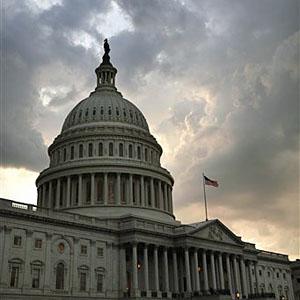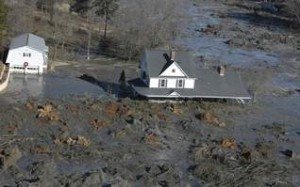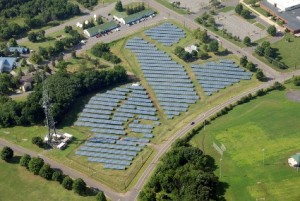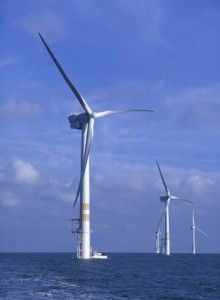
 Tweet A s they struggle to pay their bills, forced to work, the wealthy cope as only they can. By sending their children to summer camp in private jets. In “To Reach Simple Life of Summer Camp, Lining Up for Private Jets” Christine Haughney, in the New York Times, July 24, 2011, wrote:
Tweet A s they struggle to pay their bills, forced to work, the wealthy cope as only they can. By sending their children to summer camp in private jets. In “To Reach Simple Life of Summer Camp, Lining Up for Private Jets” Christine Haughney, in the New York Times, July 24, 2011, wrote:
“A turboprop Pilatus PC-12 carrying Melissa T., her daughter, her daughter’s friend and a pile of lacrosse equipment took off for their home in Connecticut, following the girls’ three-week stay at Camp All-Star in nearby Kents Hill, Me. Shortly after, a Cessna Citation Excel arrived, and a mother, a father and their 13-year-old daughter emerged carrying a pink sleeping bag and two large duffel bags, all headed to Camp Vega in Fayette. … as the economy limps along, more of the nation’s wealthier families are cutting out the car ride and chartering planes to fly to summer camps. One private jet broker, Todd Rome of Blue Star Jets, BlueStarJets.com, said his summer-camp business had jumped 30 percent over the last year.”
A quick check on the Camp All Star web site’s “Dates & Rates” page suggests that 3 weeks will cost about $4500. Trips, horseback riding and hockey are extra. Getting there on a private jet, would add $6,318 to $15,240 per party, $2,106 to $5,080 per camper for a camper, his or her mom, and a friend. As I tell people, it’s the trip, not only the destination.
Tell me again, Mr. Boehner, why the wealthy can’t afford to pay taxes?
 I did some checking. Went to Blue Star‘s website, priced a charter for three (3) from Allaire Airport in Monmouth County, New Jersey to Augsta State in Maine. I was surprised at how affordable it is. Blue Star offered 5 alternatives, all turboprops:
I did some checking. Went to Blue Star‘s website, priced a charter for three (3) from Allaire Airport in Monmouth County, New Jersey to Augsta State in Maine. I was surprised at how affordable it is. Blue Star offered 5 alternatives, all turboprops:
- A Ratheon Super King BE 350, a 9-passenger aircraft, $6,318, which is $2,106 per passenger,
- The BE-C90, a 6 passenger turboprop, $11,270, or $3,757 per passenger,
- The BE-100, an 8 passenger turboprop: $12,151 for the trip, $4,050 per passenger.
- The BE 200, in a 9-passenger configuration, for $13,043, $4,348 per passenger, and
- The BE-200 in an 8-passenger configuration: $15,240, $5,080 per passenger.
These data are summarized in the table below.
| Plane |
Trip |
Per Passenger, 3 passengers |
Per Passenger If Full |
| Ratheon Super King BE 3509 Passenger Turboprop |
$6,318 |
$2,106 per person. |
$702 per person for 9. |
| BE-C90, 6 passenger Turboprop |
$11,270 |
$3,757 per person. |
$1,878 per person for 6. |
| BE-100, 8 passenger Turboprop |
$12,151 |
$4,050 per person. |
$1,519 per person for 8. |
| BE-200 9 Passenger Turboprop |
$13,043 |
$4,348 per person. |
$1,630 per person for 9. |
| BE-200 8 Passenger Turboprop |
$15,240 |
$5,080 per person. |
$1,905 per person for 8. |
I don’t know if the airline serves food, drinks, or offers in-flight movies. But caviar is only $115 per oz (Russian Sevruga, Caviar Express, Glendale, CA).
![]() Tweet I am presenting “Beyond Fuel: From Consuming Natural Resources to Harnessing Natural Processes,” a discussion of the hidden costs, or “economic externalities,” of nuclear power, coal, and oil, and the non-obvious benefits of wind, solar, marine hydro and efficiency at the Space Coast Green Living Festival, Cocoa Beach, Florida, Sept 17, 2011.
Tweet I am presenting “Beyond Fuel: From Consuming Natural Resources to Harnessing Natural Processes,” a discussion of the hidden costs, or “economic externalities,” of nuclear power, coal, and oil, and the non-obvious benefits of wind, solar, marine hydro and efficiency at the Space Coast Green Living Festival, Cocoa Beach, Florida, Sept 17, 2011.

 It is clear that the emphasis on cutting government spending, eliminating government jobs, eliminating benefits to unemployed citizens, rather than raising revenues and developing infrastructure is not in the long term or short term interests of the United States. As the 512 point drop in the Dow Jones Average, and the downgrade of US debt indicate, Republicans and the Tea Party should be careful for what they wish for – they just might get it.
It is clear that the emphasis on cutting government spending, eliminating government jobs, eliminating benefits to unemployed citizens, rather than raising revenues and developing infrastructure is not in the long term or short term interests of the United States. As the 512 point drop in the Dow Jones Average, and the downgrade of US debt indicate, Republicans and the Tea Party should be careful for what they wish for – they just might get it.










